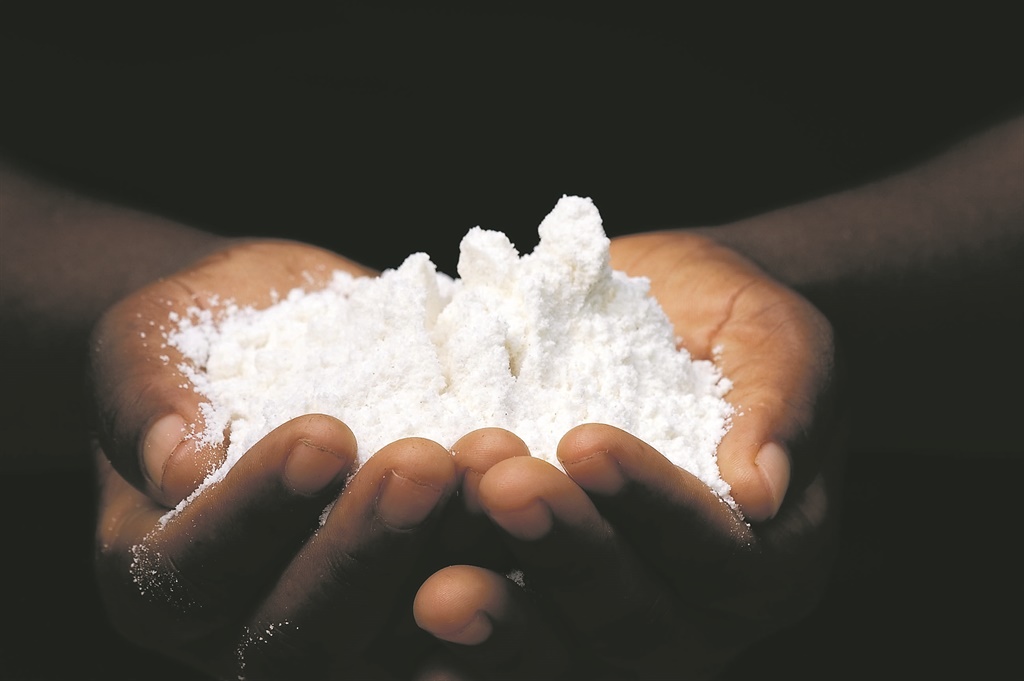
Food prices in five supermarkets have skyrocketed, painting a gloomy picture for poor families who were not able to afford enough nutritious food even before the impact of the Covid-19 coronavirus.
The Pietermaritzburg Economic Justice and Dignity Group – which envisions and works towards a society of solidarity, based on a politics of love and universality – is also concerned that the price of bread, which has a history of sparking revolutions when it becomes unaffordable, is not regulated by government.
The group monitors food prices in supermarkets that serve low-income earners.
Group researcher Julie Smith said hunger had been afflicting the poor before Covid-19, and President Cyril Ramaphosa’s R500 billion social relief and economic support package had shown that government did not quite understand its people.
The price of the household food basket – a sample of food items that poor families buy each month – showed massive increases from March to April.
The group found that most vegetable prices had increased astronomically and people had no option but to buy at a supermarket, after queuing for long periods.
Smith said supermarkets were taking advantage of the fact that street hawkers were not allowed to trade.
Prices for potatoes increased by 38%, for onions by 43%, carrots 50%, butternut 34% and spinach 25%. Core staple prices have also increased: rice by 8%, sugar beans 9%, cooking oil 4% and salt 13%. The prices of white and brown bread, which are not included in the trade and industry department’s consumer protection regulations, rose by 17% (R1.72) and 14% (R1.28), respectively.
- 25kg + 10kg mealiemeal: R246.47 to R248.31
- 10kg rice: R87.19 to R94.59
- 10kg cake flour: R73.79
- 10kg white sugar: R145.19 to R144.49
- 5kg sugar beans: R85.66 to R84.39
- 5kg samp: R30.32 to R35.79
- 5l cooking oil: R78.66 to R91.19
- 1kg salt: R15.39 to R17.39
- 10kg potatoes: R48.45 to R66.70
- 10kg onions: R55.24 to R78.84
- 10kg frozen chicken portions: R339.44 to R330.39
- 250g tea: R20.79
- 4l maas: R39.79 to R44.19
- 10kg butternut: R49.13 to R65.99
- 2kg gizzards: R59.44 to R64.65
“Government still has not amended its regulations to include bread. History has shown that revolutions started over bread price hikes,” Smith said.
“Four out of five of the supermarkets increased the price of bread by March 19. Those that didn’t increase the price by March 19 had increased the price by April 2.”
Other items whose prices have increased include maas (11%), powdered creamer (5%), tinned fish (4%), margarine (8%) and apricot jam (12%).
A poor family’s plate did not look good even before the impact of Covid-19, said the group. When foods such as meat, vegetables and dairy were finished in the first two weeks of the month, they were never replaced until the next month because the families could not afford to.
“Let’s not pretend that the plate looked good before Covid-19. For most households, it is the first two weeks [of the month] that offer some sort of difference. For the other two weeks we eat horribly. There is little diversity and poor nutrition. The meals all look the same. There is no colour, just pale, insipid starchy food and little of anything else,” said a report released by the group.
“Families just push through it until money comes in. This is what happens each month – Covid-19 or noCovid-19, lockdown or no lockdown.”
Smith said government showed that it did not understand its people and seemed to be getting wrong advice. This was reflected in the social grants, which were measly and discriminatory, especially to unemployed mothers.
“Covid-19 did not cause it,” she said, “the economic structure [did].
“Take, for example, the increase on the child-support grant. When a mother goes to a shop to buy, does she buy for the whole family or the child? She buys for the family, so government can’t say the grant is for a child.
“Secondly, the R350 for the unemployed will go to young men, and the unemployed mother who gets a child grant cannot access it and is discriminated against. I wonder who advises government. They should take time and speak to people,” Smith said.




 Publications
Publications
 Partners
Partners









